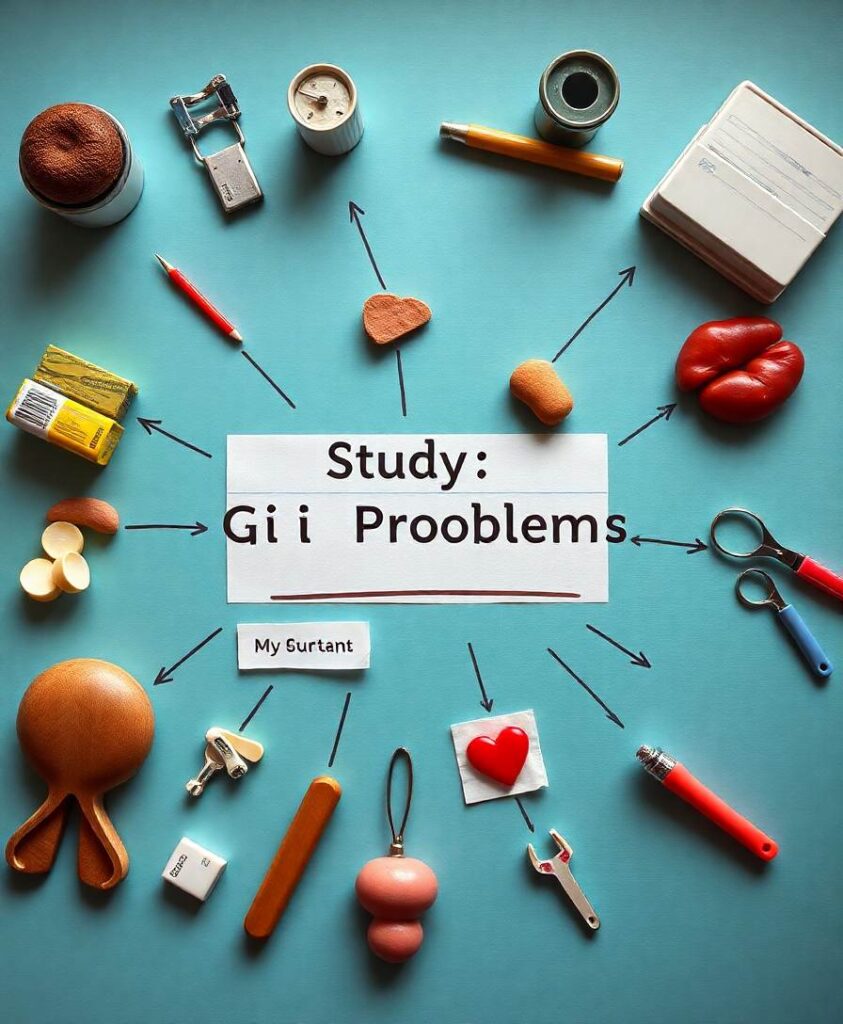Imagine waking up each morning feeling the gentle ache of change — a subtle shift in your body that whispers, “Something different is happening.” Maybe your energy feels different, or your usual routines don’t seem to fit as well. For many women, menopause brings a series of these quiet signals, often accompanied by shifts in weight that can feel frustrating or confusing. But what if understanding these changes could empower you to approach them with kindness and clarity?
When our bodies go through menopause, it’s like a complex symphony adjusting its tune. Hormonal shifts, especially in estrogen levels, can influence how we store fat, how our metabolism functions, and how we experience energy throughout the day. Some women notice weight gain around the abdomen or find it more challenging to shed those last few pounds. These changes aren’t signs of personal failure—they’re natural responses to biological shifts happening within.
Many women turn to anti-obesity medications to help manage these changes, but navigating their use during menopause can feel like walking a tightrope. It’s essential to understand that these medications are just one piece of a larger puzzle, which includes lifestyle, emotional well-being, and support from caring professionals. Exercise specialists and health coaches who understand the unique challenges of menopause can be invaluable allies in this journey, helping you craft personalized routines that honor your body’s new needs.
How can exercise professionals support women during menopause who are managing weight changes?
Support from an exercise professional during menopause isn’t just about prescribing workouts—it’s about listening deeply to your body’s signals and crafting a plan that promotes gentle strength, flexibility, and resilience. The goal is to foster a sense of empowerment rather than frustration. For example, incorporating weight-bearing exercises can help maintain bone density, which is crucial as estrogen declines. Gentle aerobic activities like walking, swimming, or cycling can boost your mood and metabolism, providing a holistic approach that respects your body’s evolving landscape.
Understanding that menopause can slow down metabolism or alter energy levels helps professionals tailor their guidance. Instead of pushing for intense routines, they can focus on sustainable activity that fits into your daily life, helping you feel more connected to your body rather than alienated by it. This approach nurtures a sense of agency and kindness, reminding you that your journey is unique and worthy of patience.
What role do medications play, and how can they complement lifestyle changes?

Anti-obesity medications can offer support for women experiencing significant weight changes during menopause, but they should be viewed as part of a comprehensive strategy rather than a quick fix. Combining medication with mindful eating, regular physical activity, and emotional support creates a more resilient foundation. It’s also vital to consult with healthcare providers who understand the nuanced hormonal landscape of menopause, ensuring that any medication used aligns with your overall health goals.
The key is developing a balanced perspective—recognizing that biological changes are natural, and that compassionate, personalized support can make all the difference. Instead of feeling overwhelmed or blaming yourself for these shifts, embracing a holistic approach can ease the journey and reinforce your strength.
Remember, menopause is a passage — a chapter that invites new ways of caring for your body and mind. You are not alone in this experience, and help is available to guide you toward health and harmony that respects your body’s natural rhythms.
Learn More: Anti-obesity Medications and Menopause: Expert Insights
Abstract: This Q&A explores anti-obesity medications and menopause, including the role of exercise professionals in supporting their clients. Topics covered inc…
Link: Read Full Article (External Site)


